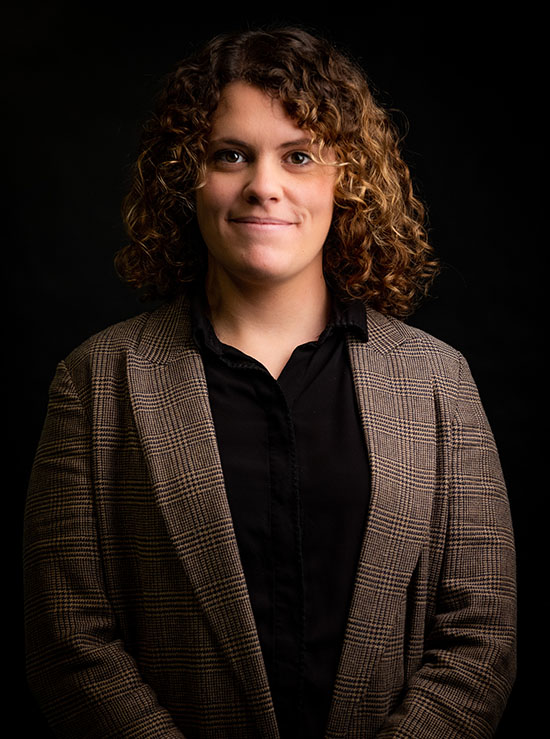
Marta Sanchez Miranda
- Country:
- Spain
- Course:
- MSc Nanoscience to Nanotechnology
Swansea University gave me the opportunity to start my career in nanoscience. My master's degree also gave me a chance to work independently and provided me with skills in project management and critical thinking.
What are your 3 favourite things about Swansea?
My favourite part as a student was the practical approach to teaching that Swansea University had. You were not just expected to memorise coursework, but rather you were given a challenge and encouraged to solve it independently. The skills that my master's provided were also focussed on industry and real life situations, making students more likely to and a job afterwards.
Secondly, I really enjoyed the international atmosphere in the university. I believe is very enriching to get to share your student experience with people from all over the world. It definitely encouraged me to expand my collaboration and look out for global challenges
Last but not least, I found Swansea a very welcoming city. It not being really big made it easy to and a place in the community, even outside the university.
Why did you choose to study your degree at Swansea?
I had a very specific idea of I wanted to study for my master's degree. I was also determined to do my postgraduate studies overseas (I'm originally from Spain). What made me choose Swansea University was the coursework that my master's degree (Nanoscience to Nanotechnology) offered. I found every single subject very interesting, and I definitely
wanted to study a degree that I would enjoy studying.
Would you reccommend Swansea Univeristy to someone who is thinking of going to univeristy?
I would definitely recommend Swansea University to future students. This university invests in facilities for the students to reach their full potential, provides a friendly and welcoming community and offers innovative degrees.
How did your degree prepare you for your career?
My degree was the first step towards specialising myself in nanotechnology. My master's degree made me realise that nanoscience was the area I wanted to work on and opened the door for me to study a PhD degree afterwards.
Where are you working now? What is your current career?
I work as a Nanofabrication engineer for a company developing quantum processors in the semiconductor industry. As part of my job, I design and fabricate the chips that are to be used as the basis for quantum processors, as well as contributing to intellectual property development, scientific publications and the expansion of our collaboration network.
It is very exciting to have the opportunity to contribute towards the development of quantum computing. Quantum computing has the potential to solve problems that are extremely difficult for conventional computers. Computational power has applications in virtually any important aspect of our lives, and quantum computing could help solve
challenges in areas as diverse as medicine designs or cyber security.
What advice would you give to students who want to pursue your career?
Go for it! Nanotechnology is a relatively new research area, with applications in diverse areas, such as medicine, biomedicine, semiconductors or quantum devices. It offers solutions to many real world issues, which makes it a very exciting career.
